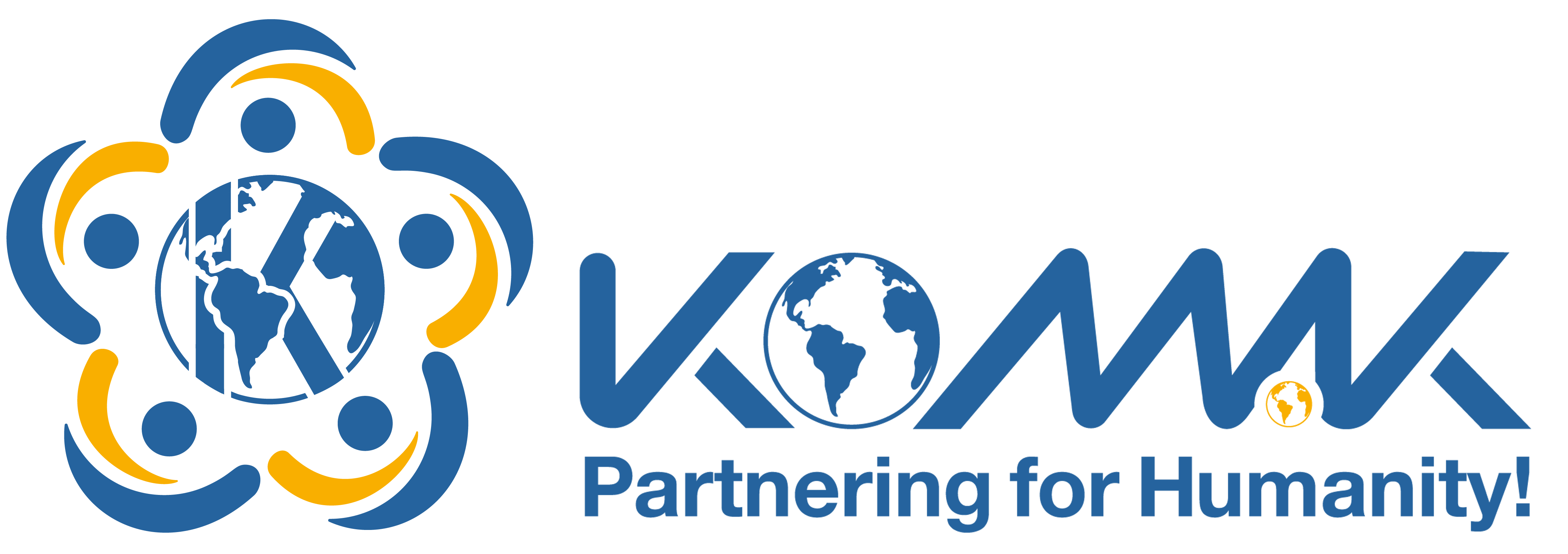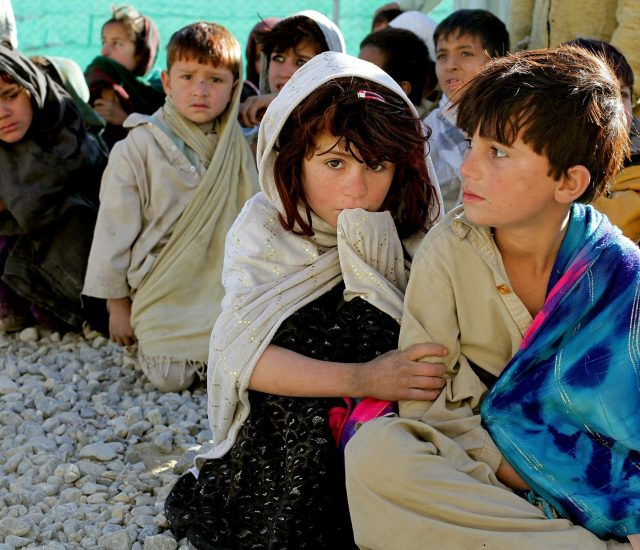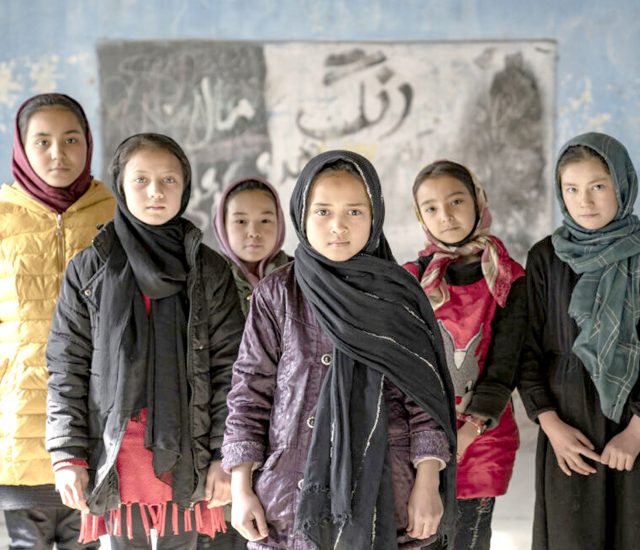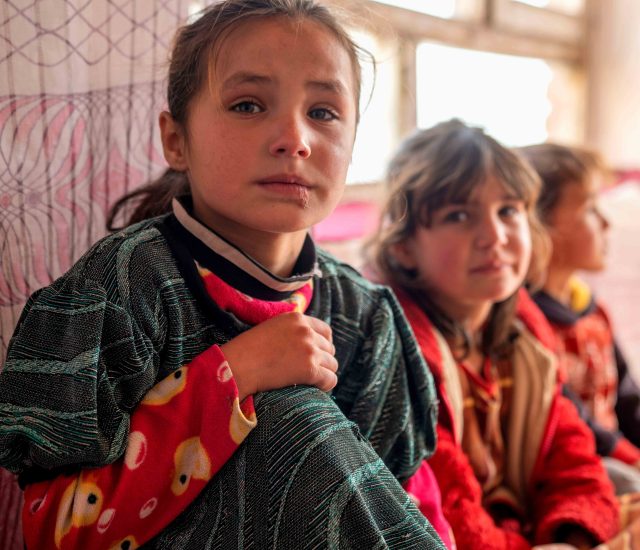OUR PROJECTS
KOMAK (KDAO) is headquartered in Kabul and its operation covers the whole country. The organization currently employs more than 27 staff. KOMAK (KDAO) contributes to Afghanistan’s development and generate knowledge that can be used to fight poverty, provide access to education and health care, response to emergencies and provide livelihood opportunities to vulnerable Afghans in each and every village and district in Afghanistan
Featured Projects
Our Strategic Pillars
Education
• Literacy, post literacy and out of school education programs. • Income generating programmer to poor people through skills trainings. • Learning materials development. • Organizing training, seminars, workshops, meetings etc. • Accelerated Learning Programs. • Community Based Education programs. • Adult Learning Programs. • Professional Trainings. • Orphan Education Sponsorship Programs. • Youth education sponsorship programs.
Emergency Relief
• Emergency Protection of IDPs, Returnees, Refugees and other • vulnerable groups and communities. • Post-Emergency Protection of IDPs, Returnees, & host • communities. • Child protection concerns and assisting separated and • unaccompanied children. • Helping vulnerable on their specific needs. • Protection of people with disabilities. • Protection of people displaced by disaster. • Potable Water Supplies.
Health
• Mother & Child Health services. • Cataract removal surgeries. • Medical Camp Managements. • Water and Hygiene Sanitation.
Agriculture
• Agriculture production. • Farming schemes. • Provision and support of poultry forming. • Provision and support of animal husbandry programs. • Livestock support.
Food Security
• Community based Natural Resource Based Livelihood programs. • Community based Non-natural Resource Based Livelihood programs. • Food production and food processing programs. • Economic strengthening opportunities. • Community groups empowerments to plan, implement and monitor their own development programs and sustain their gains. • Improve access to livelihood assets. • Improve access to livelihood services. • Income generation programs.



